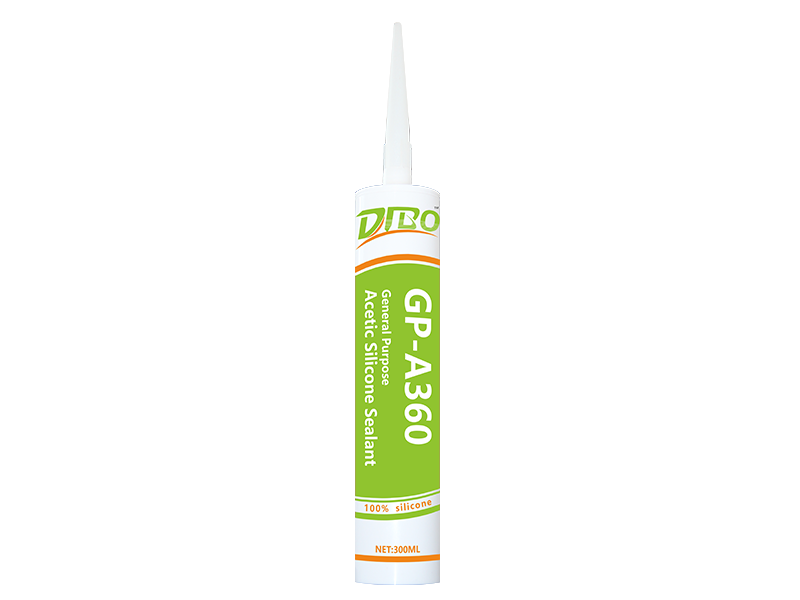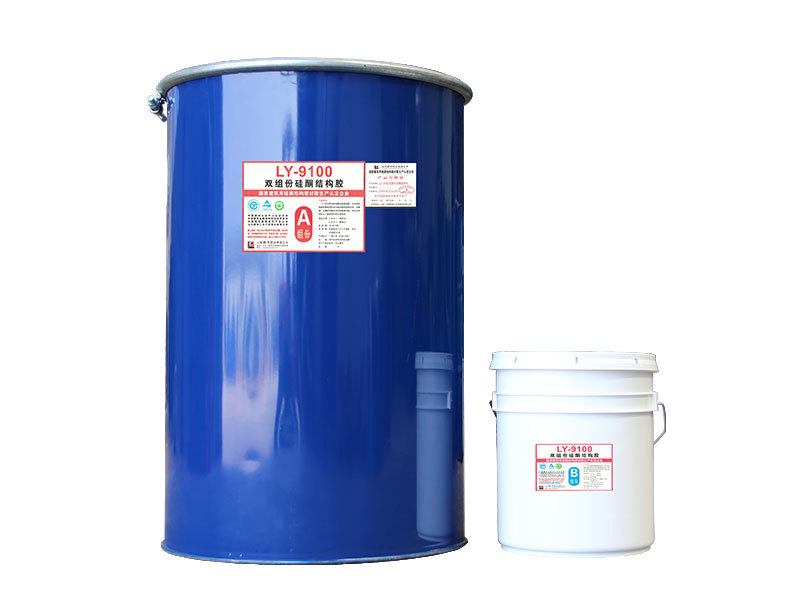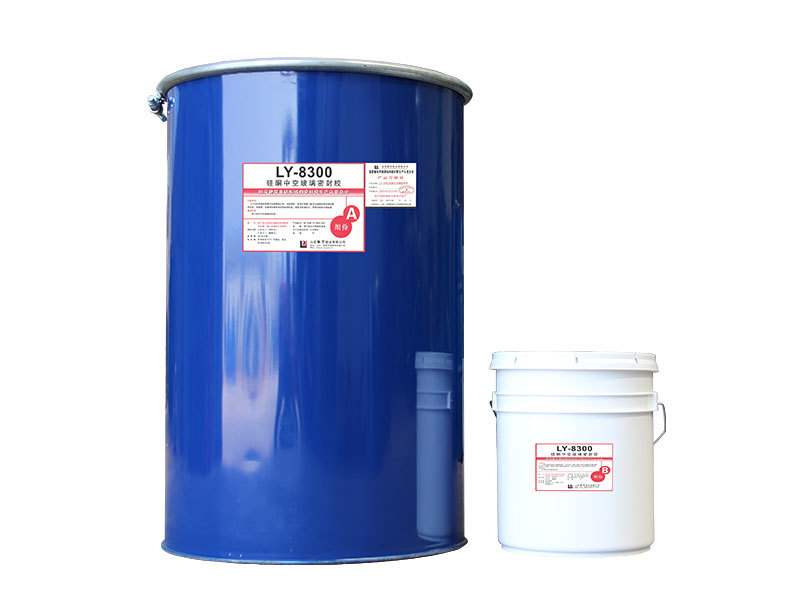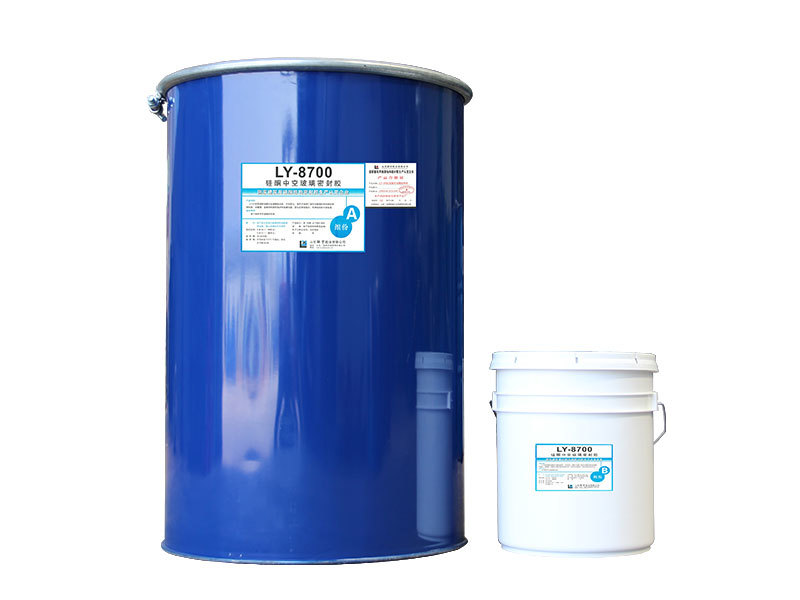Understanding Fireproof Sealants: Essential Knowledge for Safety and Durability
Upload Time:
2025-01-25
Fireproof sealants are specialized materials designed to prevent the spread of fire and smoke through joints, seams, and gaps in buildings and equipment. These innovative formulations provide not only a barrier to flames but also help maintain the structural integrity of a building during a fire emergency. Understanding fireproof sealants is crucial for anyone involved in construction, renovation,

Fireproof sealants are specialized materials designed to prevent the spread of fire and smoke through joints, seams, and gaps in buildings and equipment. These innovative formulations provide not only a barrier to flames but also help maintain the structural integrity of a building during a fire emergency. Understanding fireproof sealants is crucial for anyone involved in construction, renovation, or fire safety management.
One of the primary components of fireproof sealants is their ability to expand when exposed to high temperatures. This expansion creates a tight seal that blocks flames and smoke, which is vital for maintaining safe escape routes and protecting life. In many regulatory environments, the use of fireproof sealants is mandated in specific applications to comply with fire safety codes.
Fireproof sealants are commonly used in various applications, including sealing gaps around pipes, electrical conduits, and ductwork that penetrate walls and floors. By filling these voids, fireproof sealants contribute to the overall fire-resistance rating of walls and floors, which is essential for slowing the spread of fire within a structure.
In addition to their fire-resistant properties, these sealants can also be resistant to water, chemicals, and UV degradation, making them suitable for both indoor and outdoor applications. This versatility extends their use beyond traditional construction sites to areas like manufacturing plants, warehouses, and even residential homes.
When selecting a fireproof sealant, it is essential to consider factors such as the specific application, the required fire rating, and environmental conditions. Some sealants may be designed for high-temperature applications, while others may offer flexibility or are specifically formulated for certain substrates. Always refer to technical data sheets for guidance on application methods and performance characteristics.
In summary, fireproof sealants play a critical role in enhancing fire safety and protecting structures from fire hazards. Their unique properties make them indispensable in construction and renovation projects where fire resistance is paramount. Educating yourself about fireproof sealants can significantly benefit safety protocols in any building project, ensuring compliance with fire codes and enhancing the longevity of materials used.
For those involved in the construction and maintenance of buildings, understanding fireproof sealants is not just an option; it is a necessity. Knowing how to effectively apply these materials can make a substantial difference in safeguarding lives and property from fire risks.
One of the primary components of fireproof sealants is their ability to expand when exposed to high temperatures. This expansion creates a tight seal that blocks flames and smoke, which is vital for maintaining safe escape routes and protecting life. In many regulatory environments, the use of fireproof sealants is mandated in specific applications to comply with fire safety codes.
Fireproof sealants are commonly used in various applications, including sealing gaps around pipes, electrical conduits, and ductwork that penetrate walls and floors. By filling these voids, fireproof sealants contribute to the overall fire-resistance rating of walls and floors, which is essential for slowing the spread of fire within a structure.
In addition to their fire-resistant properties, these sealants can also be resistant to water, chemicals, and UV degradation, making them suitable for both indoor and outdoor applications. This versatility extends their use beyond traditional construction sites to areas like manufacturing plants, warehouses, and even residential homes.
When selecting a fireproof sealant, it is essential to consider factors such as the specific application, the required fire rating, and environmental conditions. Some sealants may be designed for high-temperature applications, while others may offer flexibility or are specifically formulated for certain substrates. Always refer to technical data sheets for guidance on application methods and performance characteristics.
In summary, fireproof sealants play a critical role in enhancing fire safety and protecting structures from fire hazards. Their unique properties make them indispensable in construction and renovation projects where fire resistance is paramount. Educating yourself about fireproof sealants can significantly benefit safety protocols in any building project, ensuring compliance with fire codes and enhancing the longevity of materials used.
For those involved in the construction and maintenance of buildings, understanding fireproof sealants is not just an option; it is a necessity. Knowing how to effectively apply these materials can make a substantial difference in safeguarding lives and property from fire risks.
Relevant News




